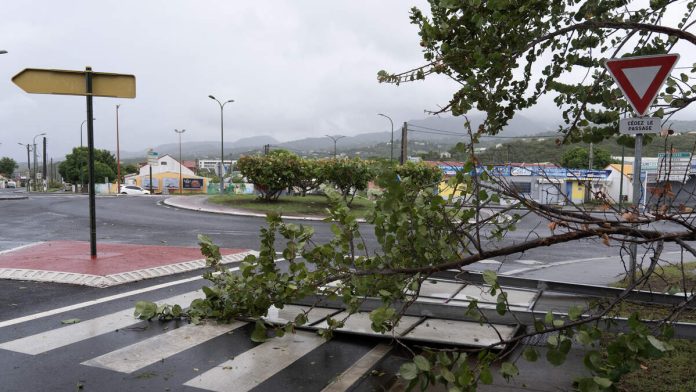Hurricane Ernesto, the fifth named storm of this year’s Atlantic hurricane season, has left thousands without power in Puerto Rico and the Virgin Islands. The storm, which developed into a hurricane on Wednesday (August 14), is currently moving over open waters with maximum sustained winds of 75 mph, according to the National Hurricane Center.
Ernesto has caused significant flooding in Puerto Rico, with the island’s Rio Grande de Loiza and Rio Blanco rivers overflowing. The storm is expected to produce between 4 and 6 inches of rain over the U.S. and British Virgin Islands and up to 10 inches across southeastern Puerto Rico.
Nearly 46,000 people in the Virgin Islands and more than 660,000 in Puerto Rico are without power. The storm has also caused an island-wide blackout in St. John and St. Croix, and at least six cell phone towers have been knocked offline across the U.S. territory.
President Biden has approved an emergency declaration for Puerto Rico, authorizing the Federal Emergency Management Agency (FEMA) to assist with storm recovery.
Ernesto is expected to continue strengthening in the coming days and could become a major hurricane, reaching Category 3 status with winds of 111 mph or higher. The storm is forecast to approach Bermuda on Friday and Saturday.
The National Oceanic and Atmospheric Administration (NOAA) has predicted an above-average Atlantic hurricane season this year due to record-warm ocean temperatures. It forecast 17 to 25 named storms, with four to seven major hurricanes of Category 3 or higher.

Recent Comments